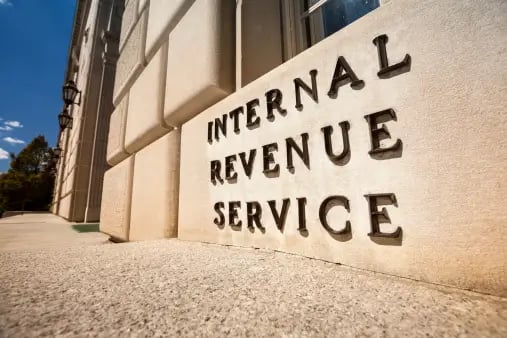Penalty Relief for Back Taxes
IRS provides penalty relief for 2020 and 2021 tax returns; help paying taxes
US BUSINESS


Owing back taxes can be a stressful and confusing experience for many individuals and businesses. The burden of potential penalties can further exacerbate the situation, leading to anxiety and uncertainty. However, a recent announcement by the IRS offers a glimmer of hope for millions of taxpayers facing this challenge.
Understanding the Relief Program
In December 2023, the IRS announced automatic penalty relief for approximately 4.7 million individuals, businesses, and tax-exempt organizations. This program specifically targets taxpayers who:
Filed Form 1040, 1041, 1120 series, or Form 990-T for tax years 2020 and/or 2021.
Were assessed taxes of less than $100,000 for each year.
Received an initial balance due notice (CP14 or CP161) between February 5, 2022, and December 7, 2023.
This relief applies to the failure-to-pay penalty, which is assessed for late or incomplete tax payments. In essence, this means a portion of the penalties accrued on your back taxes may be waived.
Benefits of the Relief Program
For eligible taxpayers, this program offers significant advantages:
Reduced financial burden: The waived penalty translates to immediate financial relief, alleviating some of the pressure associated with outstanding tax liabilities.
Simplified process: There's no need to file additional forms or requests; the IRS will automatically adjust your account balance.
Potential for refund: If you already paid the failure-to-pay penalty before December 7, 2023, you may be eligible for a refund from the IRS.
Who Doesn't Qualify for Automatic Relief?
While the IRS's recent program offers welcome relief, it's important to understand that not everyone qualifies. Taxpayers with back taxes exceeding $100,000 for 2020 or 2021 are not automatically eligible for this benefit. However, this doesn't mean they are without options.
Other Penalty Relief Programs
For taxpayers not covered by the automatic program, alternative avenues for penalty relief might exist. Here are two notable options:
Reasonable Cause Criteria: This provision allows the IRS to waive or reduce penalties if you can demonstrate reasonable cause for not paying your taxes on time. Examples of reasonable cause include unexpected illness, natural disasters, or receiving incorrect tax information.
First-Time Abate Program: This program offers a chance for first-time offenders with a clean tax history to have their failure-to-pay penalty for a single tax year abated.
Seeking Additional Help
Navigating the complexities of tax laws and navigating penalty relief programs can be challenging. In such situations, seeking help from a qualified tax professional is highly recommended.
Benefits of Consulting a Tax Professional
Expertise: Tax professionals possess extensive knowledge of tax laws and can offer personalized guidance based on your specific circumstances.
Eligibility determination: They can help you assess your eligibility for various penalty relief programs and ensure you maximize any available benefits.
Form preparation and filing: They can assist with preparing and filing necessary forms, ensuring accuracy and compliance with IRS regulations.
Negotiation and representation: In certain situations, tax professionals can represent you before the IRS and negotiate on your behalf.
Moving Forward
The IRS's penalty relief program is a positive step towards assisting taxpayers facing back taxes. However, it's essential to stay informed about your specific situation and take the necessary steps to manage your tax liabilities effectively. If you have any questions or concerns, seeking advice from a qualified tax professional can be instrumental in navigating this process and achieving a favorable outcome.
Let's conquer the world of finance together, one step at a time! You can reach out to the Numbreylla Team for any assistance.
Address
Numbreylla Professional Services LLP
Mansarovar, Isckon Road
Jaipur - 302020, Rajasthan
help@numbreylla.com
India
